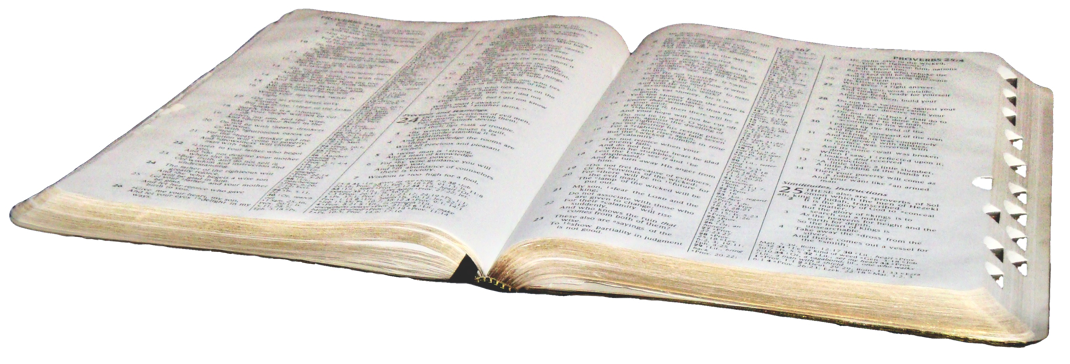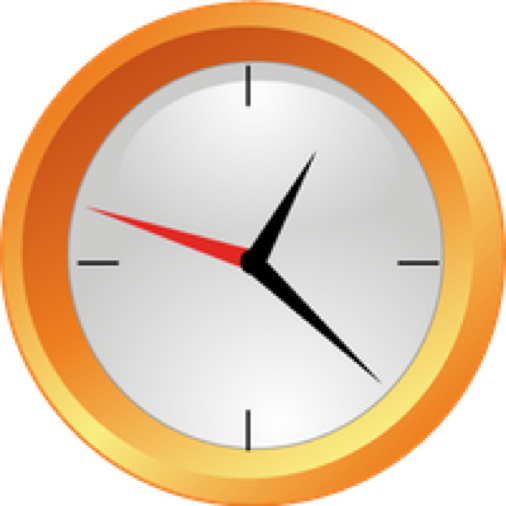
Bein' a Berean
…outside the box but inside God's Word...



No doubt one of the first things we do with a new clock or watch is to set it to the correct time. What would you use or where would you go to find the correct time? Some would suggest we get the time signal via the radio or maybe the TV. What we are looking for is a standard to which we can set our timepiece. A standard is something that a group of influential people arbitrarily agreed to accept. I once changed time zones at an airport without knowing it. My watch was no longer set to the standard and served to embarrass me as I tried to make a connecting flight. This showed me how important it is to know the standard.
Geologists have long wanted a 'clock' to measure the age of things. With the discovery of radiometric dating techniques, they were provided with a clock. But this clock, too, needed some material of known age, a standard, to which it could be 'set' or calibrated. Using Precambrian rock, which Geologists tell us is 4.5 billion years old, their clock could be calibrated. Thereafter, every piece of rock checked against that standard would show its age relative to that 4.5 billion-year-old standard. But how can anyone possibly know the age of that rock?
Every time this calibrated clock has been checked against volcanic rock of known age, the results were millions of times too high. If we chose to set the 'clock' using the assumption that the oldest rocks were only 6000 years old, all the results would give ages relative to that estimate. One's assumption or bias directs the choice and, therefore, the results. It was their need for long time spans to support the theory of evolution that dictated their choice of 4.5 billion years despite more and more evidence to the contrary.
To what standard do you choose to set your clock?

This website makes use of cookies. Please see our privacy policy for details.